Russian gas embargo ‘poison’ for German society, says minister
German Labor Minister Hubertus Heil has warned the country against an embargo of Russian natural gas, saying the move would seriously impact the economy and its laborers.
Such an embargo would be like giving "poison" to the German society, Heil said in an interview with news outlet Funke, published on Saturday.
“We should gradually become independent from gas imports, but the immediate imposition of an embargo would both complicate the situation with rising prices even more and lead to job losses. So we must avoid this,” he warned.
Heil noted that the labor market in Germany, despite suffering from the consequences of the COVID-19 pandemic, is currently stable, but drastic measures such as cutting off Russian gas would change the situation for the worse.
“In the event of an immediate gas embargo, however, we would be in a completely different situation economically and socially,” he stated.
European countries like Germany, France, Italy, Hungary, the Netherlands, and others are dependent on Russian natural gas to generate electricity and heat for homes and to run their industries.
On Friday, two-time prime minister of Italy and former president of the European Union Romano Prodi expressed serious concerns at how the sanctions imposed against Russia over the conflict in Ukraine will reverberate through the European Union with the risk of creating divisions among the members of the bloc.
“The Ukraine crisis fallout will hit the EU badly. Sanctions will cost a lot to Italy and Germany and less to other EU countries,” Prodi said.
Italy and Germany are the countries which have relied on Russian energy the most over the past 20 years. Rome has been trying to diversify its energy sources but it will take at least 2-3 years before it achieves a total replacement of Russian gas.
Since the start of the war in Ukraine, Rome has been trying to wean itself off Russian gas, which currently accounts for over 40% of total gas imports. However, according to the national bureau of statistics ISTAT, Italy's imports from Russia rose around 120% in value in April while Italian exports to Russia showed an annual fall of almost 50%.
“I have said many times that the impact of the sanctions will be completely asymmetrical. It goes without saying that the consequences for some countries like France or Spain will be milder ,” Prodi told Press TV.
Due to soaring energy prices, Italian inflation surged to 7% in March, the highest rate ever recorded in three decades.
Earlier this week, Moscow dismissed a plan for peace in Ukraine proposed by Italy. Also, Hungary has urged Brussels to call explicitly for a ceasefire in Ukraine.
However, so far, some members of the Bloc and the European Commission President Ursula von der Leyen, have adopted a hawkish posture on Russia, never making any mention of peace talks.
Russian President Vladimir Putin on Saturday told the leaders of Germany and France that Moscow was ready to find ways to ship grain stuck in Ukrainian ports but demanded the West lift sanctions.
Putin also warned his French and German counterparts, President Emmanuel Macron and Chancellor Olaf Scholz, against providing more weapons to Ukraine, saying that supplying Kiev's forces with arms could further destabilize the situation in the conflict-stricken country.
Meanwhile, food prices soared in Europe after Ukraine stopped exporting its grain to other countries.
Russian forces launched a special operation in the eastern Ukraine Donbas region to defend and liberate the pro-Russia “people who for eight years were suffering persecution and genocide by the Kiev regime.”
US fighter aircraft shot down ‘in friendly fire’ amid aggression on Yemen
Yemeni FM: Israel’s sponsors accountable for ongoing aggression on Sana’a
Eight Palestinians killed as Israel attacks Gaza school, hospitals
VIDEO | Rome, Milan host new protests in solidarity with Palestinians
Dec. 21: ‘Axis of Resistance’ operations against Israeli occupation
Spain jurists demand ties with Israel ties be cut
VIDEO | Press TV's news headlines
VIDEO | Iran honors top Science Olympiad medalists


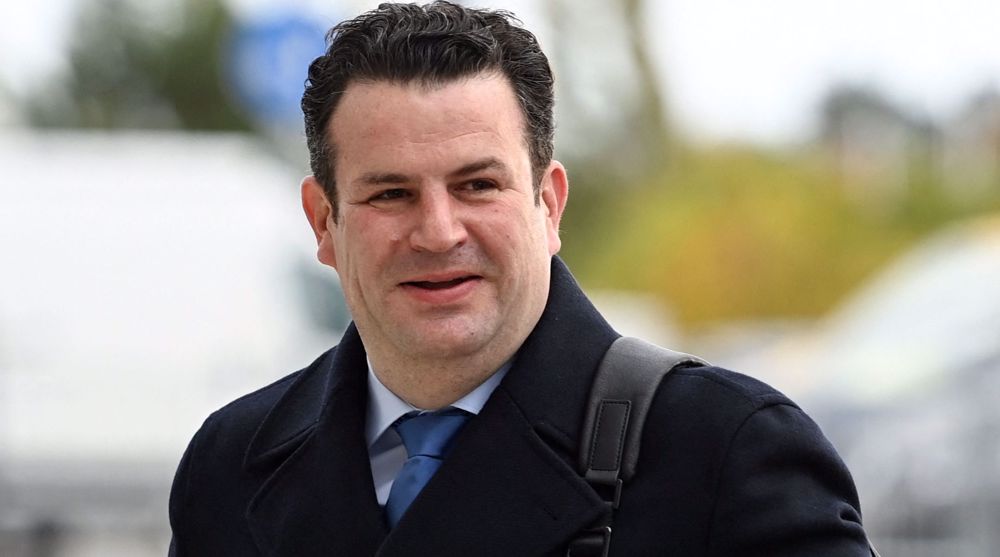
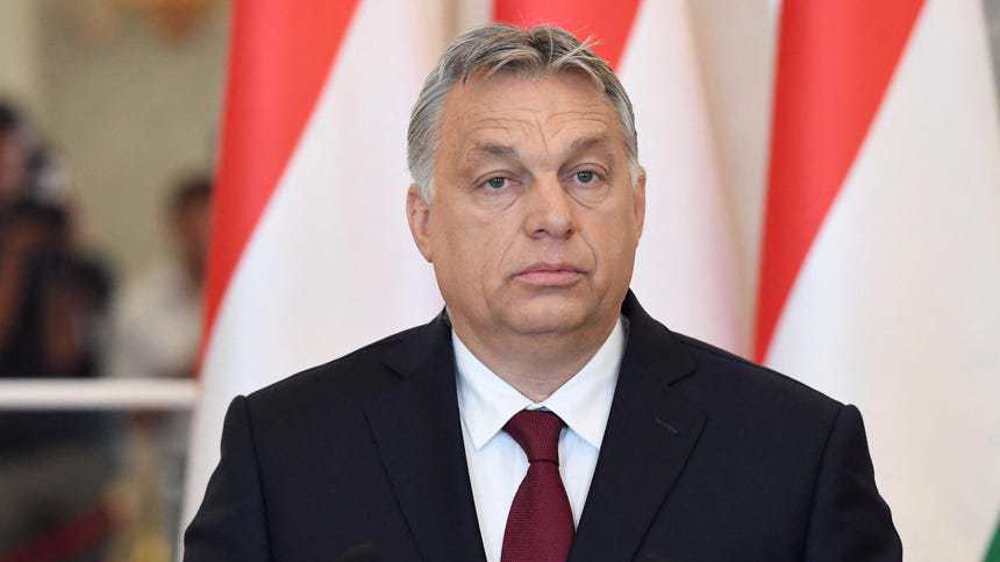


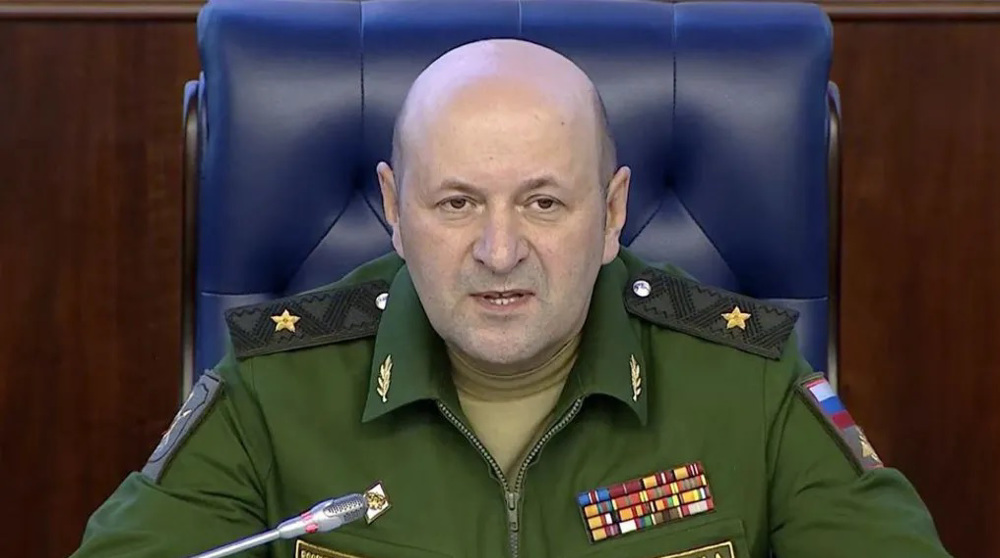



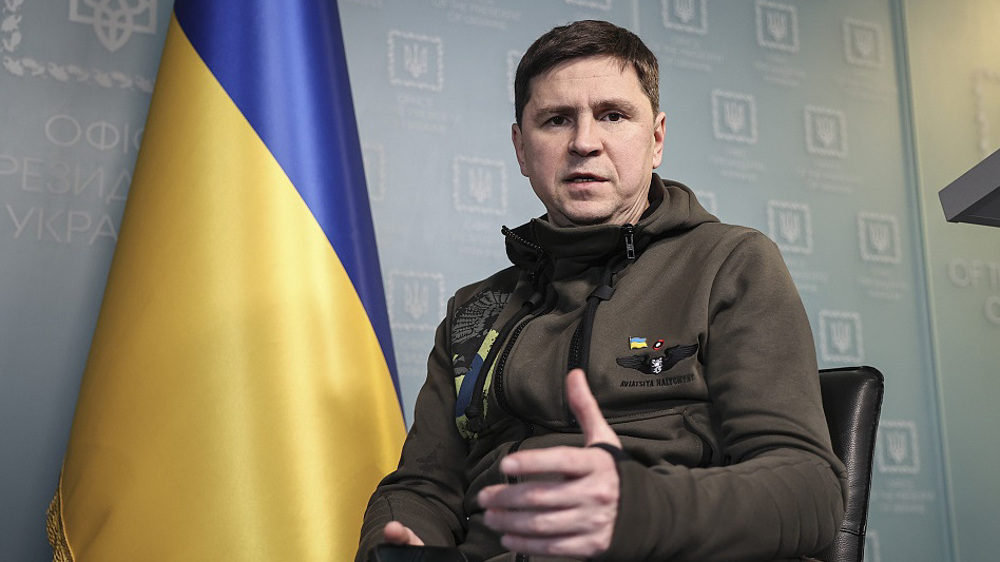
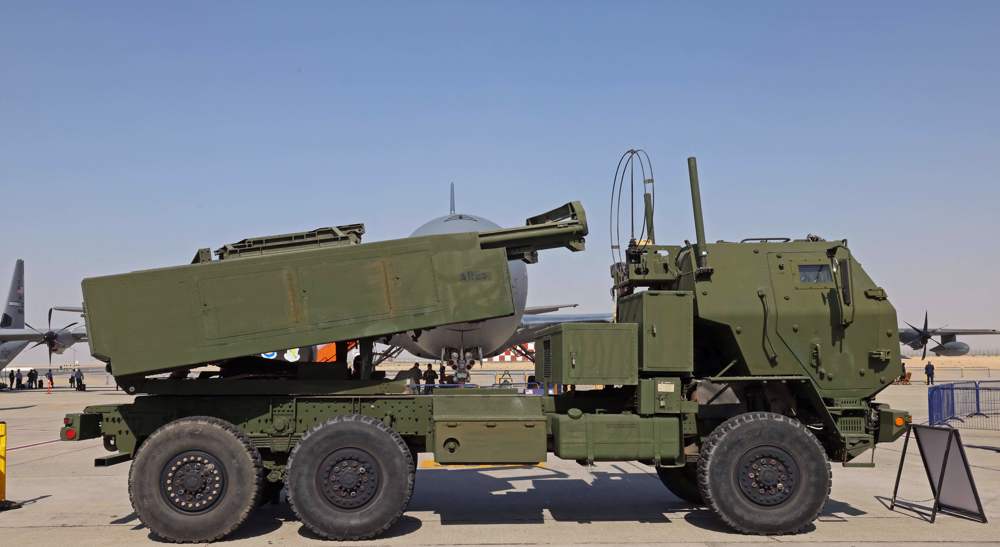
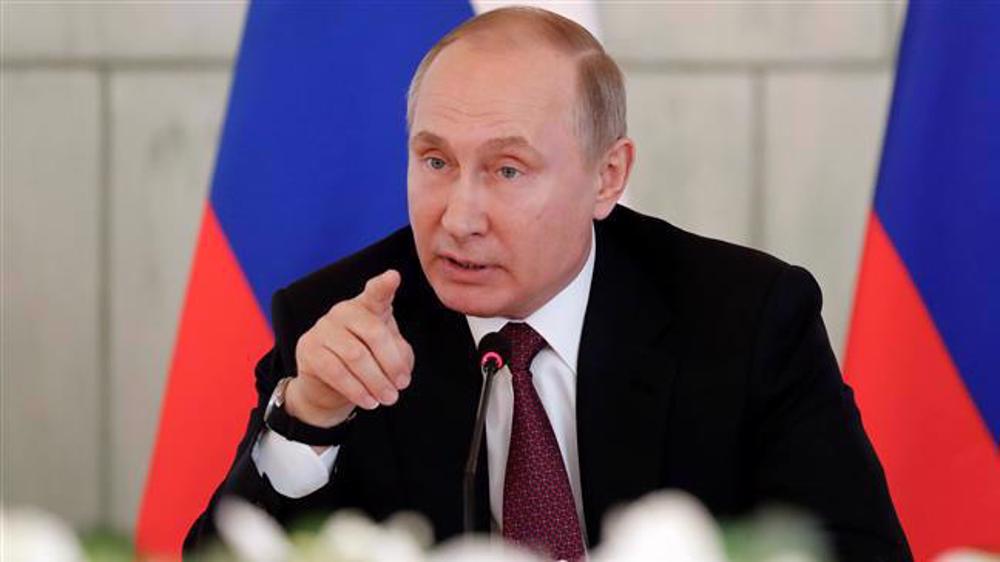
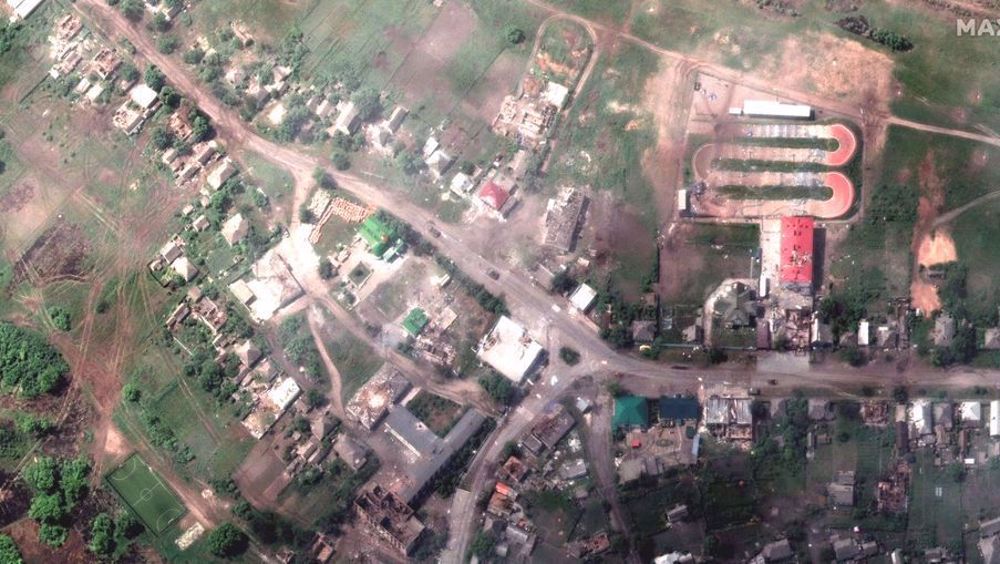
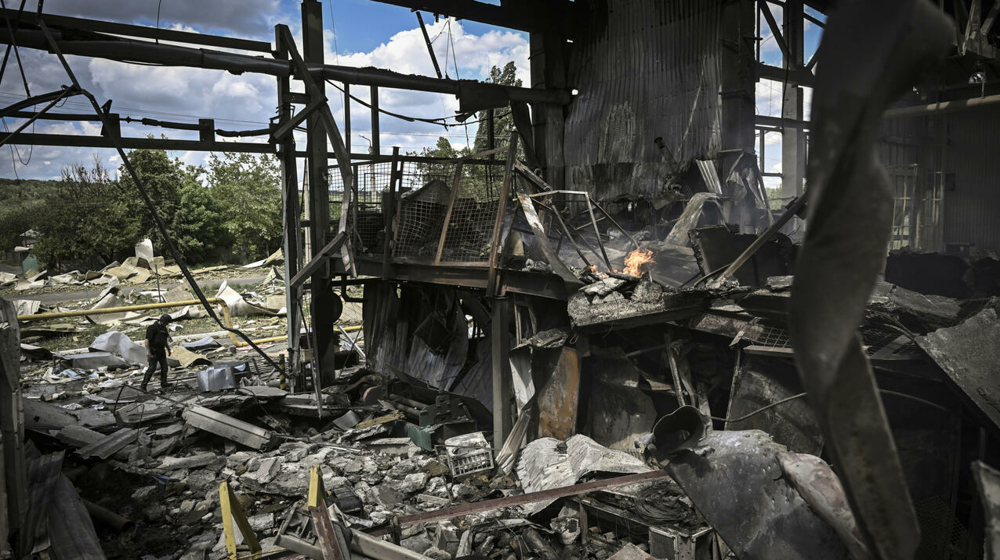
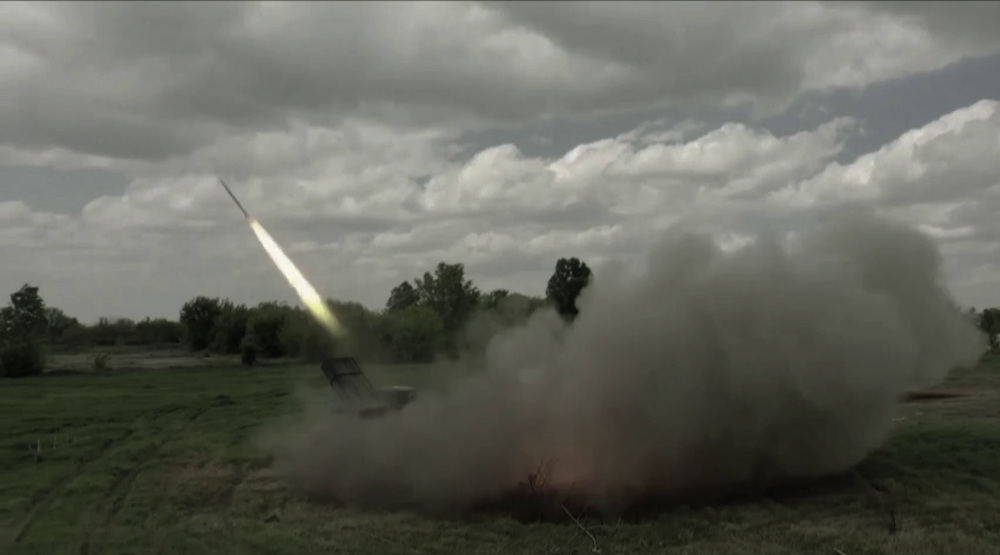

 This makes it easy to access the Press TV website
This makes it easy to access the Press TV website